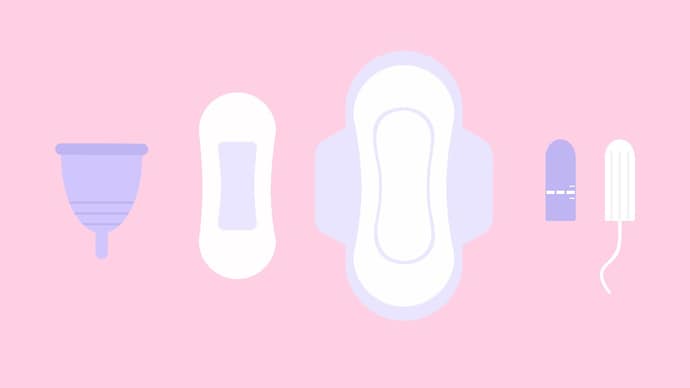Your baby’s diet may be affected when the duration begins
One study found that in inflammatory foods, menstruation may occur in a high diet, which in turn is associated with high risk of chronic diseases in adulthood.

According to researchers at the University of Washington, when you eat during childhood, a girl experiences her first period.
According to the new study, menstruation in high diets in the Journal Human Reproduction, inflammatory foods may have menstruation, which in turn is associated with high risks of chronic diseases in adulthood.
The study found that eating healthy foods was later linked to the onset of menstruation, while while eating more unhealthy, inflammatory foods were connected to the beginning of the earlier, whether the child’s weight or height.
Since you can receive your period earlier, can increase the risk of health problems like diabetes, heart disease and breast cancer, later in life, making better food options during childhood can help reduce these risks.
Researchers found that girls who consumed more inflammatory foods, such as red and processed meats, sophisticated grains and sugars drinks, were 15% more likely to get their first period in the next month.

In contrast, people who eat a healthy diet rich in fruits, vegetables, whole grains, healthy fats, nuts and beans were 8% less risk.
Associate Professor of Epidemiology at Fred Hutch Cancer Center in Seattle. “The first period is not only one milestone, it is an indication for potential long -term health issues such as breast cancer, heart disease and diabetes,” said Holi Harris.
The study analyzed data for more than 7,500 children between the ages of 9 to 14 years, which were part of the large study of today. Researchers tracked the diet pattern and the age at which menstruation began using two indices: alternative healthy food index and empirical diet inflammatory pattern.
While the body fat has long been thought to play a central role in triggering early puberty, the study found that the hard body between diet and early menstruation remained even after adjustment to the mass index (BMI).

This suggests that other aspects of a poor diet, such as its inflammatory nature, can run early hormonal changes.
Environmental factors can also contribute. Previous research indicates air pollution and some individual care products, with endocrine-condensed chemicals in the form of possible effects on early puberty.
To help reduce risks, researchers recommended children to provide access to healthy food, especially through school programs.



